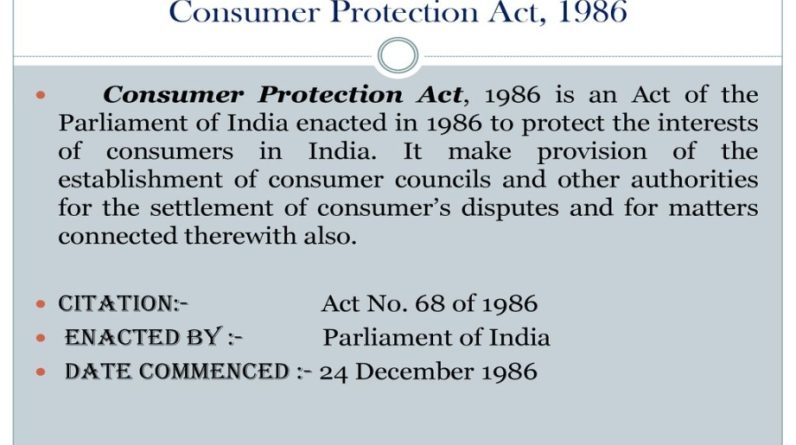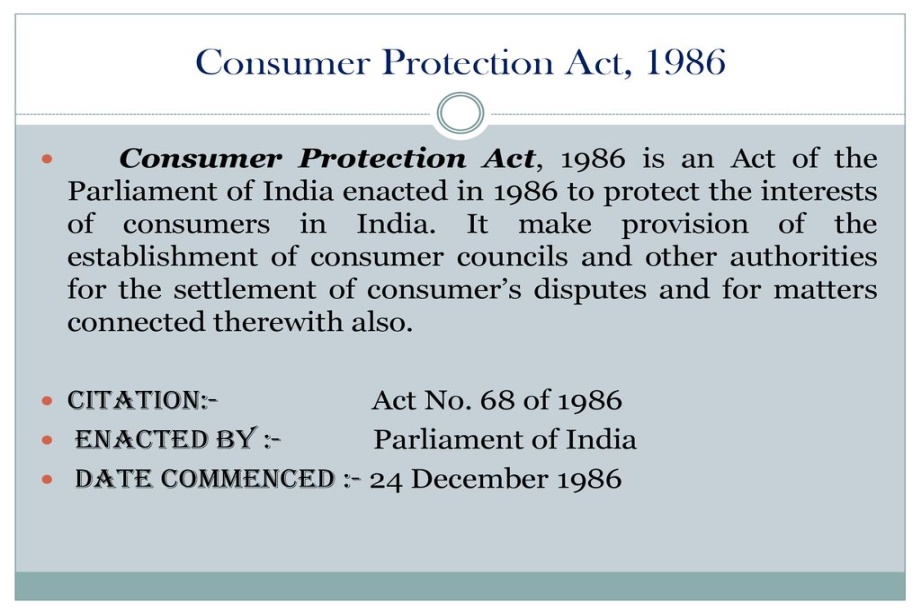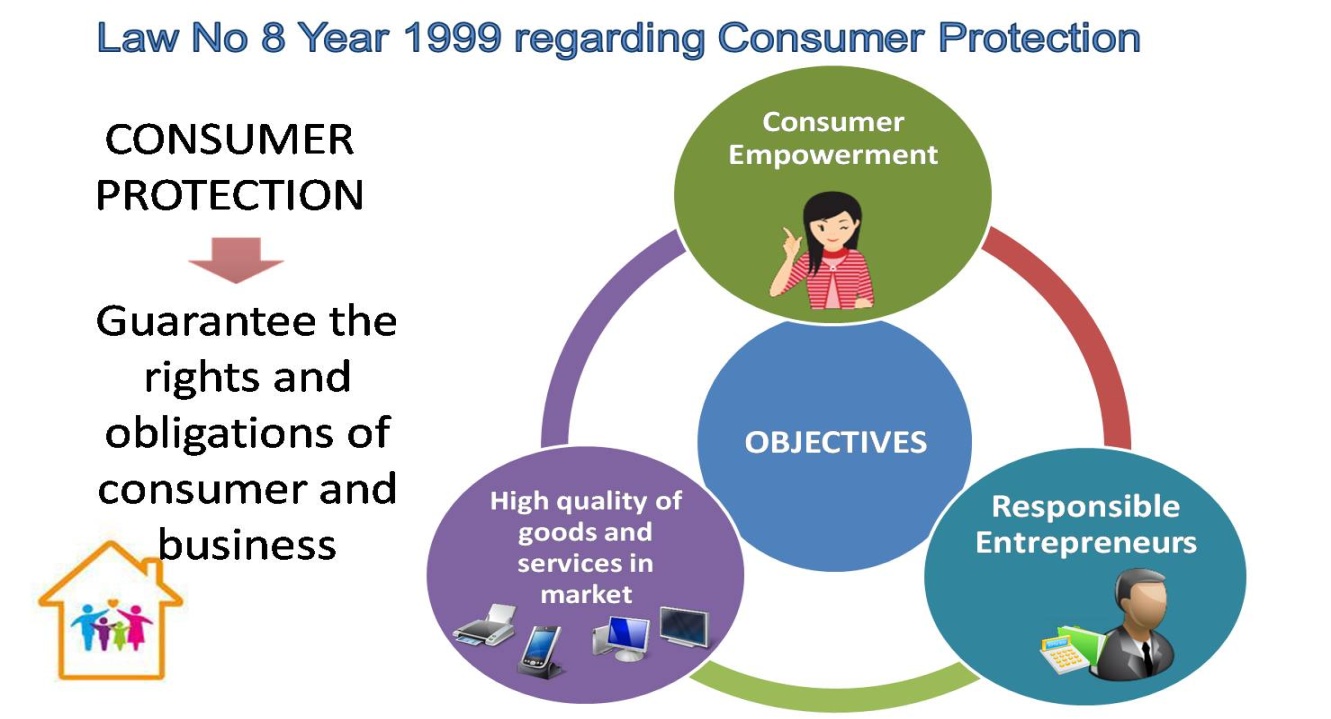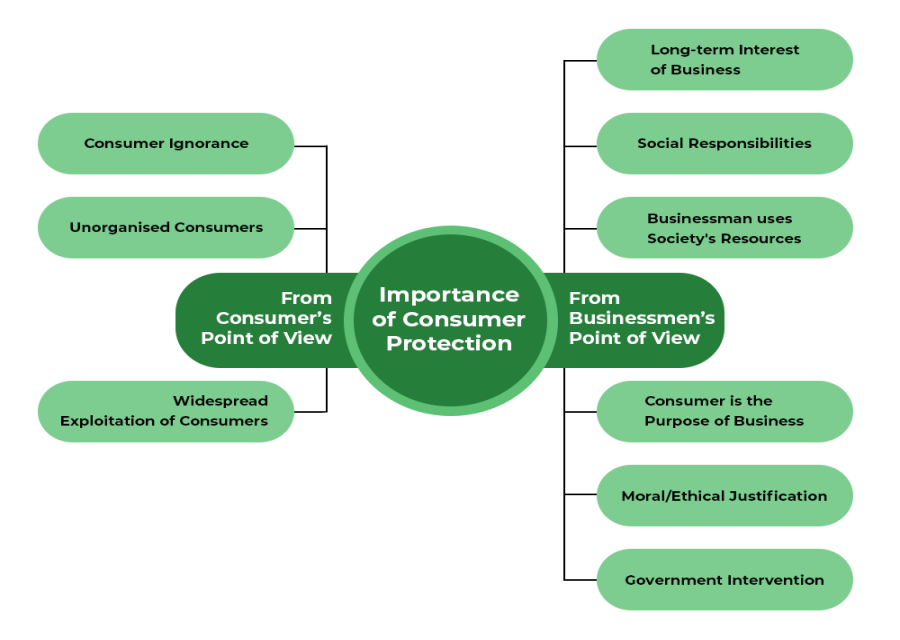
Empowering Consumers: The Consumer Protection Act
In today’s fast-paced business world, it is essential for consumers to be aware of their rights and protections. One of the most important tools in safeguarding consumers is the Consumer Protection Act. This act was put in place to ensure that consumers are treated fairly and have the necessary information to make informed decisions when purchasing goods and services. Let’s take a closer look at how the Consumer Protection Act empowers consumers in the business world.
First and foremost, the Consumer Protection Act provides consumers with the right to accurate and transparent information. This means that businesses must clearly disclose important details about their products and services, such as pricing, terms and conditions, and any potential risks or side effects. By having access to this information, consumers are able to make educated choices that best suit their needs and preferences.

Additionally, the Consumer Protection Act prohibits businesses from engaging in unfair or deceptive practices. This includes false advertising, bait-and-switch tactics, and misleading claims about a product’s benefits. By enforcing these regulations, the act helps to level the playing field between consumers and businesses, ensuring that consumers are not taken advantage of.
Furthermore, the Consumer Protection Act allows consumers to seek redress if they have been wronged by a business. This can include filing complaints with consumer protection agencies, seeking refunds or replacements for faulty products, or even taking legal action against a business that has violated their rights. By providing consumers with avenues for recourse, the act empowers them to stand up for themselves and hold businesses accountable for their actions.
Another key aspect of the Consumer Protection Act is its focus on consumer education and awareness. Through public outreach campaigns and educational resources, consumers are informed about their rights and how to protect themselves from fraudulent or unethical practices. By arming consumers with this knowledge, the act helps to prevent issues before they arise and empowers consumers to make informed decisions in the marketplace.

Overall, the Consumer Protection Act plays a crucial role in safeguarding consumers in the business world. By empowering consumers with the right to accurate information, protecting them from unfair practices, providing avenues for redress, and promoting consumer education, the act ensures that consumers are able to make confident choices and protect themselves from harm. In a world where businesses are constantly vying for consumer attention and dollars, the Consumer Protection Act serves as a valuable tool in ensuring that consumers are treated fairly and ethically.
Your Guide to Safeguarding Your Rights and Wallet
In today’s fast-paced and ever-changing business world, it can be easy for consumers to feel overwhelmed and uncertain about their rights and protections. With so many products and services available on the market, it’s important for consumers to be aware of their rights and how they can safeguard their wallets from potential scams and frauds. The Consumer Protection Act plays a crucial role in empowering consumers and ensuring that their rights are protected in the marketplace.
One of the key aspects of the Consumer Protection Act is to ensure that consumers have access to accurate and transparent information about products and services. This means that businesses are required to provide clear and truthful information about their products, including pricing, warranties, and any potential risks or side effects. By having access to this information, consumers can make informed decisions about their purchases and avoid falling victim to misleading advertising or deceptive practices.

Another important aspect of the Consumer Protection Act is to protect consumers from unfair and deceptive practices. This includes things like false advertising, hidden fees, and misleading claims about a product’s benefits. Businesses are prohibited from engaging in these practices, and consumers have the right to seek recourse if they feel they have been misled or taken advantage of. By holding businesses accountable for their actions, the Consumer Protection Act helps to level the playing field and ensure that consumers are treated fairly.
The Consumer Protection Act also provides consumers with the right to file complaints and seek redress if they believe their rights have been violated. This can include seeking refunds, exchanges, or compensation for damages or losses. By having this avenue for recourse, consumers can feel confident that their rights are protected and that they have the ability to hold businesses accountable for any wrongdoing.
In addition to protecting consumers from unfair practices, the Consumer Protection Act also aims to safeguard consumers’ wallets from financial harm. This includes regulations on things like pricing, billing, and payment practices to ensure that consumers are not overcharged or taken advantage of. For example, businesses are required to clearly disclose all costs associated with a product or service upfront, so that consumers can make an informed decision about their purchase.
Furthermore, the Consumer Protection Act prohibits businesses from engaging in fraudulent or deceptive billing practices, such as charging for products or services that were not requested or agreed upon. This helps to protect consumers from unexpected charges and ensures that they are only paying for what they have actually purchased. By having these safeguards in place, consumers can feel confident that they are not being taken advantage of financially and that their wallets are protected from potential scams or frauds.
Overall, the Consumer Protection Act plays a vital role in safeguarding consumers’ rights and wallets in the business world. By empowering consumers with accurate information, protecting them from unfair practices, and providing avenues for recourse, the Act helps to ensure that consumers are treated fairly and honestly in the marketplace. So the next time you’re making a purchase, remember to consider your rights and protections under the Consumer Protection Act – your wallet will thank you!
What Area Of Business Of Consumer Protection Act





